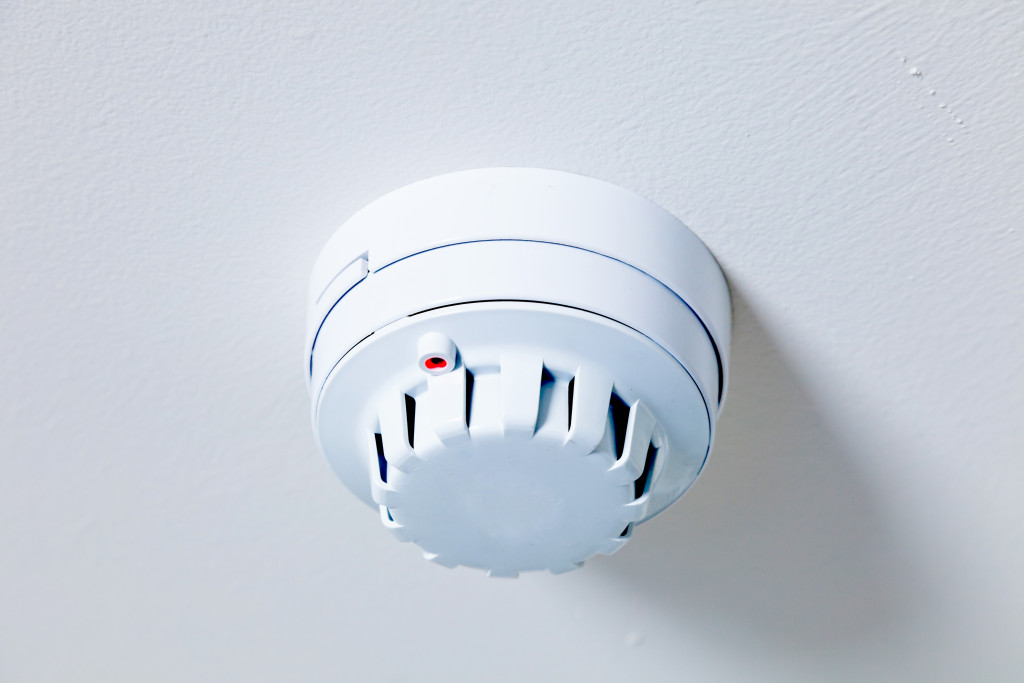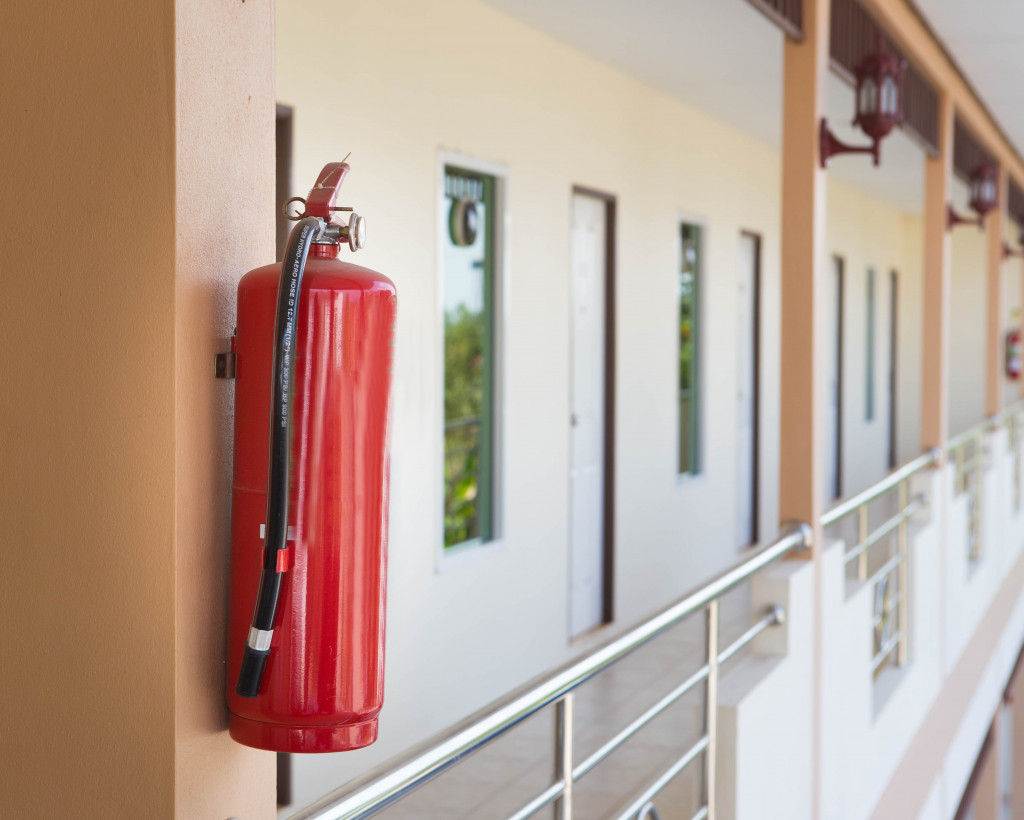- Install smoke detectors, inspect electrical appliances and wiring, and install suppression systems to protect a home against hazards.
- Keep flammable items from sources of heat such as stoves or heaters.
- Securely store hazardous materials in areas with proper ventilation.
- Create an evacuation plan to ensure everyone is familiar with the escape routes and where to meet up in case of an emergency.
Fire accidents can happen anytime and anywhere, even in your own home. To ensure the safety of your family and property from fire hazards, it is important to take certain precautions. Here are some things that should be considered when protecting your home against fire accidents.
Practice preemptive measures
Practicing preemptive measures to avoid fire hazards is the best way to guard against potential fires. Below are some ways to protect your home against potential fires:
Install smoke detectors

To properly ensure the safety of your home against fire accidents, installing smoke detectors is an essential step to take. Smoke detectors are devices designed to detect the presence of smoke in your home and alert you in the event of a fire. They are typically placed in multiple rooms throughout the house, including the kitchen, laundry room, and bedrooms.
It is important to install smoke detectors and check them regularly to ensure that they are working properly. Quality fire damper testing is also something to consider, as it can also play a crucial role in keeping your home safe from potential fire damage. By taking these steps, you can better protect your home and your family’s safety.
Inspect all electrical appliances and wiring
Properly inspecting all electrical appliances and wiring is essential for homeowners to ensure their safety at home. This process involves thoroughly examining all electrical devices and circuits within the house to ensure they all function safely and efficiently. As an expert, it is crucial to emphasize the importance of this inspection, as faulty electrical systems can pose a serious risk for homeowners.
This is why it is important to ensure that all electrical systems and appliances are regularly checked and maintained to prevent potential hazards. In doing so, homeowners can take control of their safety and minimize the risks associated with electrical fires.
Install suppression systems in your home

Properly installing fire alarms, sprinklers, and other suppression systems in your home is crucial for ensuring safety against fire accidents. As an expert in home safety, it’s important to stress the significance of implementing these preventative measures.
Installing fire alarms is the first line of protection and should be done on every level of your home, including the basement. While sometimes considered unnecessary, Sprinkler systems are highly effective at controlling fire in large areas and can make all the difference during an emergency.
Fire suppression systems, like fire extinguishers, are a must-have for small, contained fires. By investing in installing these systems in your home, you are taking the necessary steps to protect yourself and your loved ones from the devastating effects of a fire.
Keep any flammable items away
It is important to emphasize the significance of keeping flammable items away from heat sources, such as a stove or heaters. This means placing items like curtains, papers, and cleaning supplies at a safe distance from heat sources. The main reason why this preventive measure is crucial is to avoid possible fire outbreaks.
Even the slightest spark can cause a heavy flame that can be difficult to control once it has started. Therefore, ensuring that flammable materials are out of harm’s way can significantly impact the safety and security of your home.
Store hazardous materials in secure areas
Storing hazardous materials like gasoline, propane tanks, and paint thinner is an important aspect of ensuring safety at home. It is crucial to store these materials in secure areas with proper ventilation to reduce the risk of chemical exposure and prevent fires.
Properly storing these materials involves keeping them in original containers with clear labeling. Containers should be kept away from direct sunlight, heat sources, and other materials that emit heat to prevent ignition.
Additionally, ensuring proper ventilation in the storage area is essential in reducing the risk of explosions. Proper storage of hazardous materials helps protect your home and loved ones from hazards resulting from carelessness or ignorance.
Have an evacuation plan
Having an evacuation plan is essential to ensure your family’s safety in an emergency involving fire hazards or other home accidents. An evacuation plan involves knowing your home layout and identifying all entry and exit points. This plan helps family members quickly navigate the house to get to safety.
In addition to mapping out these escape routes, it’s important to set up a meeting place outside the home where everyone can converge once they have safely made it outside. This will enable you to account for all your family members, as well as allow you to notify the emergency services quickly in case someone is missing.
An effective evacuation plan needs to be practiced regularly in an emergency. Ensuring everyone is familiar with the escape routes and knows where to meet is crucial in preventing accidents and property damage.
These are just some measures homeowners can take to protect their homes against fire hazards. To maintain a safe environment, taking precautions to protect your home and following proper safety procedures is crucial.


